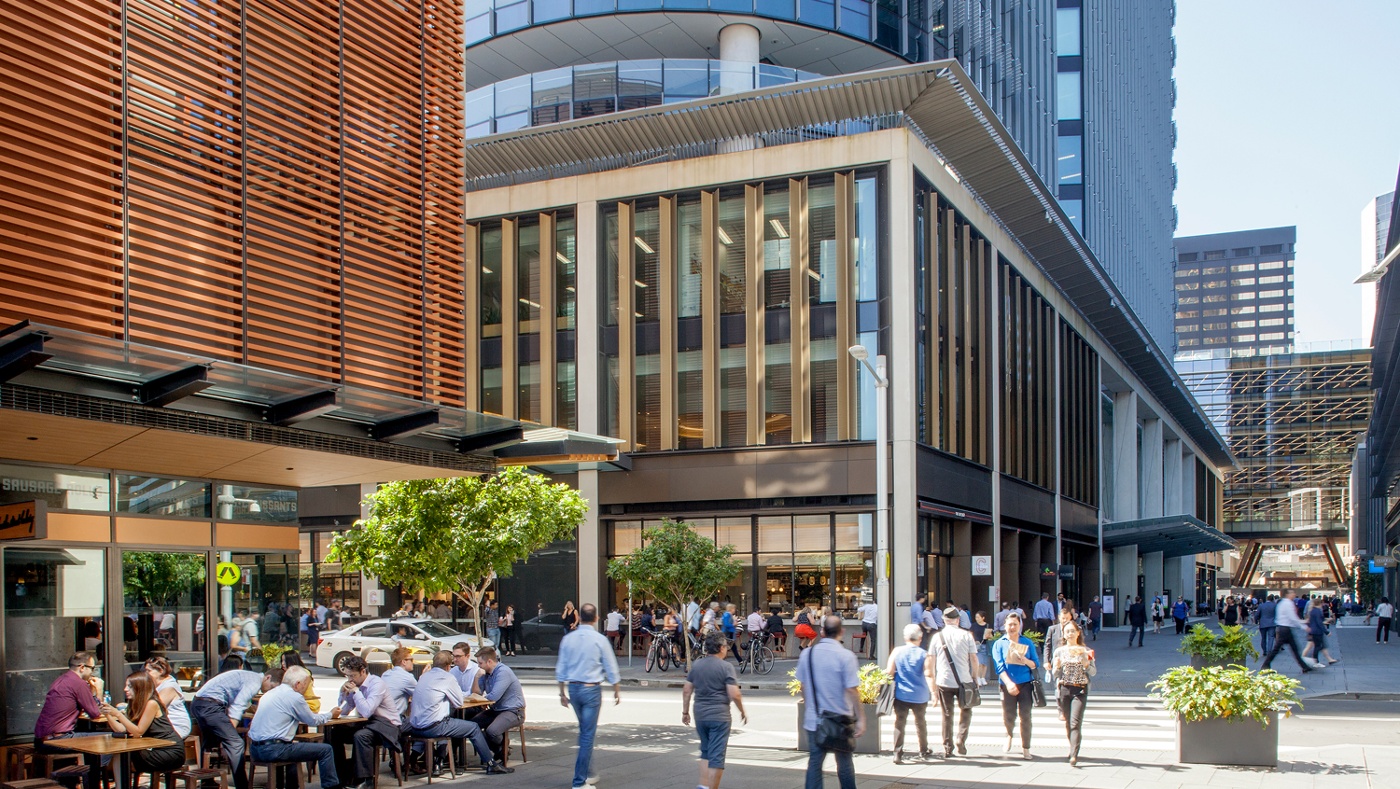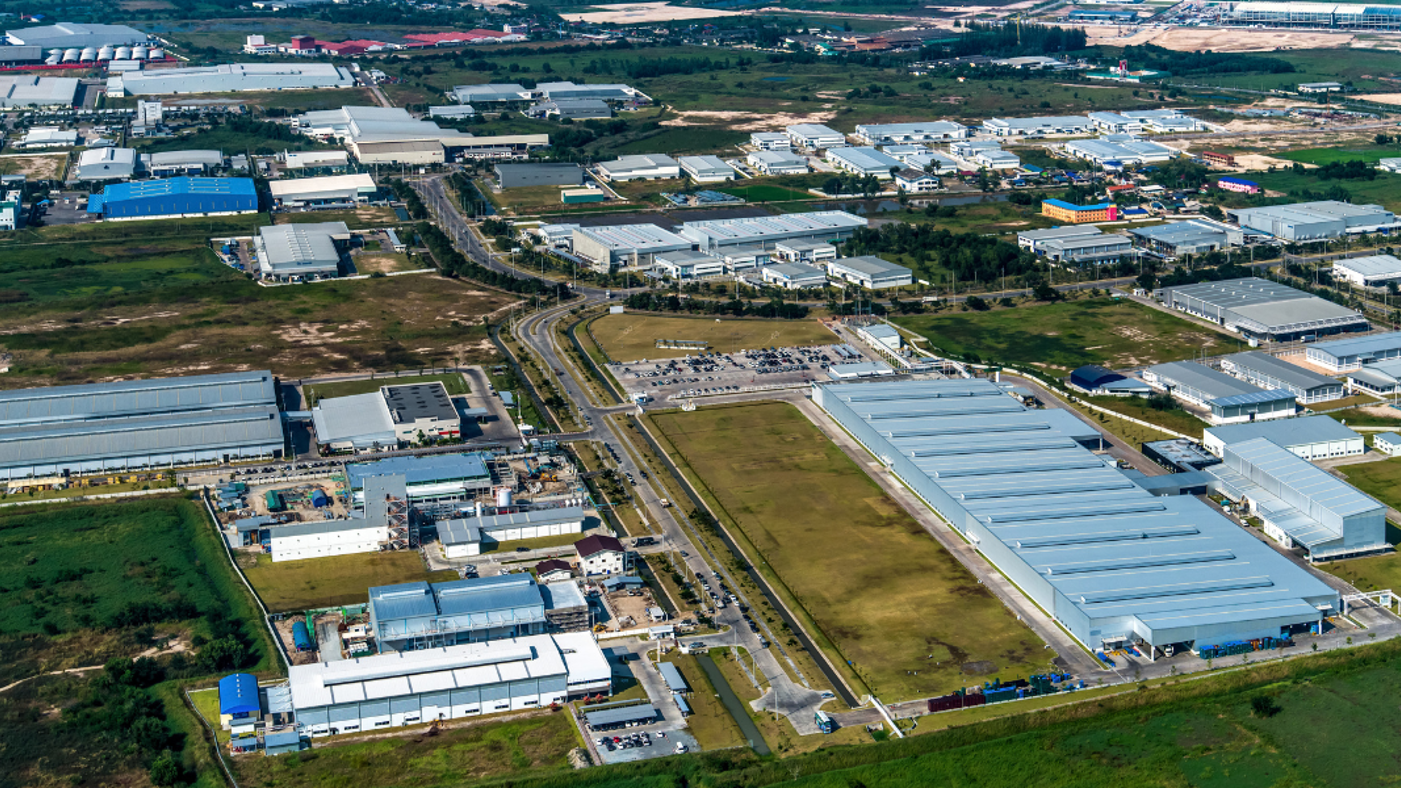NSW Industrial Lands 'Retain and Manage' Policy Review

NSW Industrial Lands 'Retain and Manage' Policy Review
Setting the planning framework for Sydney's industrial areas
The Greater Cities Commission (GCC) has recently released its Industrial Lands ‘Retain and Manage’ Policy Review Findings Paper, setting the framework that will be used to inform the next Greater Sydney Region Plan and the new Six Cities Region Plan.
The review was initiated by the Productivity Commissioner’s White Paper 2021, which identified that the policy is effectively a moratorium on rezoning industrial land to higher and better use within most of Sydney’s inner and middle ring suburbs. The policy has been criticised as needlessly inflexible in terms of allowing land use to adapt to Sydney’s changing economic and social needs.
The Productivity Commissioner called for the GCC to relook at whether there is still an established need for the policy, and to consider other policy approaches, with a view to determine which policy generates the highest net benefit to the State.
The need to keep the policy
The GCC review was informed by extensive stakeholder and industry engagement, and concludes that the policy should be retained – noting that it is “successful in providing certainty and a clear market signal for councils and landowners to invest in industrial developments, while reducing unproductive land speculation”.
The release of the Review Findings Paper are a definitive conclusion to what has been a long overdue policy review. The GCC has emphatically entrenched the ‘retain and manage’ policy as a mainstay of the next Greater Sydney Region Plan.
Policy refinement - Eight draft guiding principles
The GCC did however identify the need to refine the policy. A set of eight Draft Guiding Principles have been developed to provide assistance to councils to manage relevant industrial areas. The GCC has determined that any possible transition to alternative uses should only be considered on the basis of a strategic plan led approach – with consideration of the long term risks associated with the loss of industrial and urban services lands.
Our perspective
The outcome of the review is unlikely to appease critics of the policy. Indeed, it is difficult to see how the Productivity Commissioner will be satisfied, since the GCC has decided to retain the policy even though it does not achieve the highest net benefit to the State. In our view, this is a missed opportunity by the GCC to genuinely explore alternative models that can achieve increased investment, more and higher quality jobs, and improved productivity, whilst balancing this with the delivery of much needed housing. As previously advocated by Ethos Urban (see previous article here), we consider that a more nuanced policy solution is needed that first and foremost protects industrial lands, but which also recognises and responds to the growing need for greater land use flexibility and innovation.
Next steps
We highlight that the ‘Retain and Manage’ policy review was limited to only part of Sydney’s industrially zoned land, and did not address industrial lands in the Central Coast, Newcastle/Hunter and Wollongong.
In commencing the strategic planning for the Six Cities Region Plan, we call on the GCC to consider industrial land supply in Greater Sydney on a more holistic basis. This will ensure that urgently needed investment in critical industries can materialise to drive efficiency, productivity, and jobs throughout the region.
For more information on the ever-evolving planning framework for industrial and urban services land in Greater Sydney, please contact Planning Director Tim Ward.
Related Insights

How Immigration Shapes Housing Choices in Victoria?

Recognising Our People: 2025 Mid-Year Promotions

NSW Low and Mid-Rise Housing Reforms





